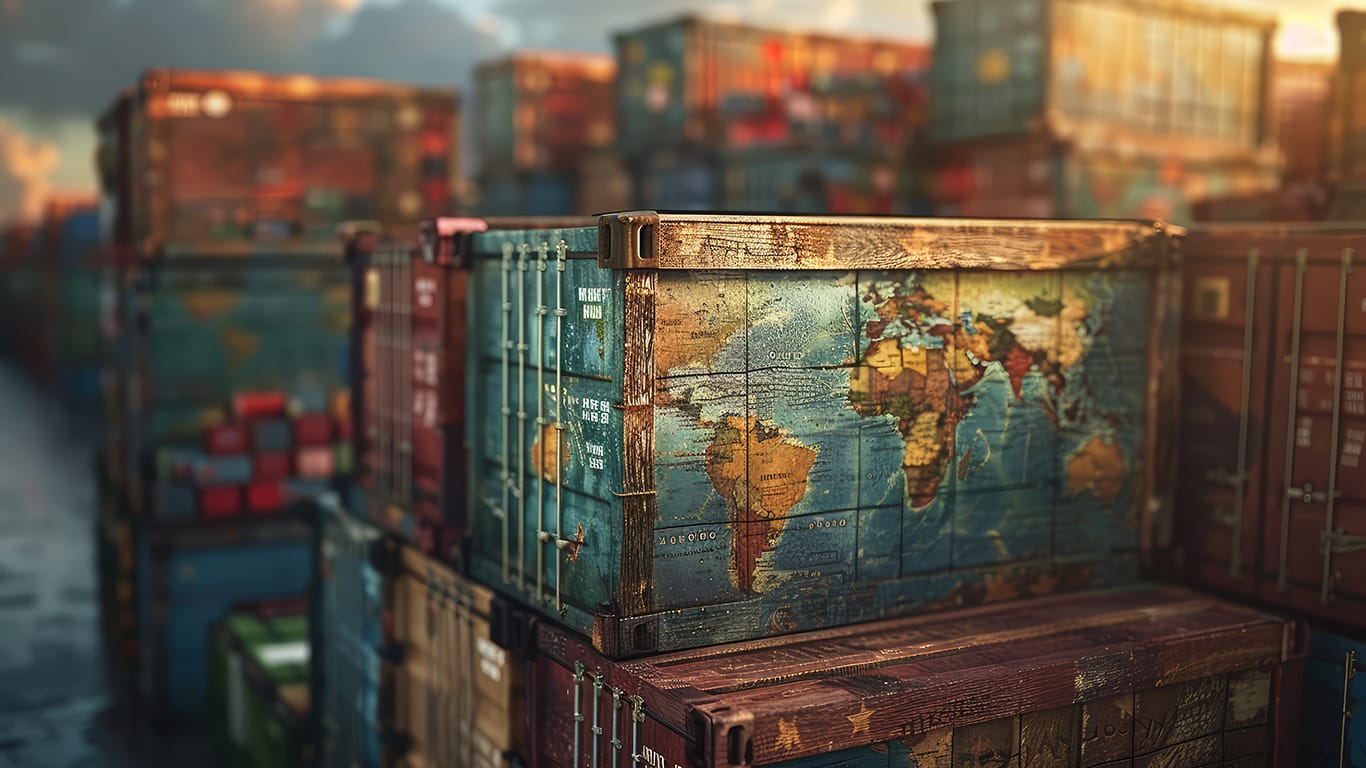Tariffs are a part of the economy now, no matter what anyone thinks about them. Arizona business owners can be for tariffs or against them, but either way, business owners need to learn to navigate them. The current tariff policy is unpredictable, as tariffs on certain goods can be increased, reduced, or eliminated depending on the executive branch’s policy at the time. This can make planning extremely hard. Do you buy products in bulk with the expectation that tariffs will increase, or do you buy fewer products with the expectation that tariffs will decrease? The right choice depends on your business, but no matter what your choice is, there are things you can do to make that decision easier. As the owner of an order fulfillment center, I have seen the challenges tariffs have created for businesses. These challenges are significant but not insurmountable. Here are a few tips to help business owners navigate the tariff economy.
LOCAL NEWS: Arizona cannabis industry turns 5: What’s next?
INDUSTRY INSIGHTS: Want more news like this? Get our free newsletter here
Know where your inputs come from
The United States has levied some form of tariff on every country in the world to varying degrees. They range from reciprocal tariffs on all goods from a country to tariffs on specific goods from specific countries, and the percentage rate of each tariff varies based on the good you are purchasing and the country it is coming from. Unless your inputs are coming from an American manufacturer, you can’t avoid tariffs; however, you can minimize their impact if you know where your inputs come from. Understand what your true landed costs are. What country does each input come from, and what is the amount you are paying or projected to pay in tariffs? Understand your supply chain and research if other countries can manufacture a similar product with a lower tariff rate. If a product costs you a certain amount to buy in China, can another country, such as Vietnam or India, provide a similar product at a lower cost? If your company initially purchased products from China and is now outsourcing to another country, it is essential to confirm that the products purchased in that country were made there. Many companies in other countries, such as Vietnam, are buying products from China and then selling them to American business owners. The government is fining companies that buy Chinese goods from other countries to avoid tariffs. The last thing you want is to be hit with a fine because you didn’t know the supply chain of the company you are working with.
Lastly, if you work with a new company in a new country, it is essential to ensure the quality of the materials you are buying. An item purchased in a country with lower tariffs will be less expensive, but it does not guarantee that you are buying a good product. Do the same due diligence you conduct when selecting your initial provider, and you will have a better chance of finding a high-quality supplier in a country with lower tariffs. The chances of finding high-quality inputs from lower-tariff countries depend entirely on the inputs your company needs. If the product you need is only mass-produced in China, you have to decide whether your company can absorb the tariffs. Tariffs are a difficult situation for any business that outsources products, and there is no one-size-fits-all solution to avoid or minimize them.
Consider FTZs or bonded warehouses
If you can’t get around tariffs or can’t afford to pay them all at once, I would consider working with a bonded warehouse or a Licensed Foreign Trade Zone. Neither of these options will help you avoid tariffs, but they are a helpful cash flow tool because they allow you to defer paying tariffs until the product you bought leaves the warehouse. For example, maybe you want to buy more stock to prepare for the holiday season, but you can’t afford to pay the tariff on all those goods in one lump sum. You can store that product in an FTZ and pay tariffs only on the products that leave the warehouse. The ability to indefinitely store essential products gives business owners greater flexibility.
A bonded warehouse offers the same cashflow management strategy, but it is a more limited option, as you can only store products for up to 5 years, and you can’t relabel or repackage the stored goods.
Don’t let fear paralyze you
The current market is full of unknowns, and that is scary because it makes it hard for any business owner to plan. Tariffs are constantly changing, and the effect they have on your business can change very quickly for better or for worse. It is essential to understand that fear rolls downhill, and if you let fear of tariffs paralyze you from making decisions, your business will struggle. Take the market in stride and treat tariffs like any other business change. Constantly talk to your team about what is happening and remind them that the business will remain fluid as long as the tariff situation remains opaque. The market can change in the time it takes the President to post on social media, so you must always be prepared to change your strategy. Communicating with your team and taking the market in stride will ensure your business is better prepared to navigate the tariff economy.
Author: James Peacock is the CEO of SKU Distribution, an Arizona-based order fulfillment and e-commerce warehousing partner with FTZ-Approved facilities in Mesa and Chandler. SKU helps brands improve cash flow and reduce landed costs with FTZ operations, compliant kitting, and deep WMS visibility.




